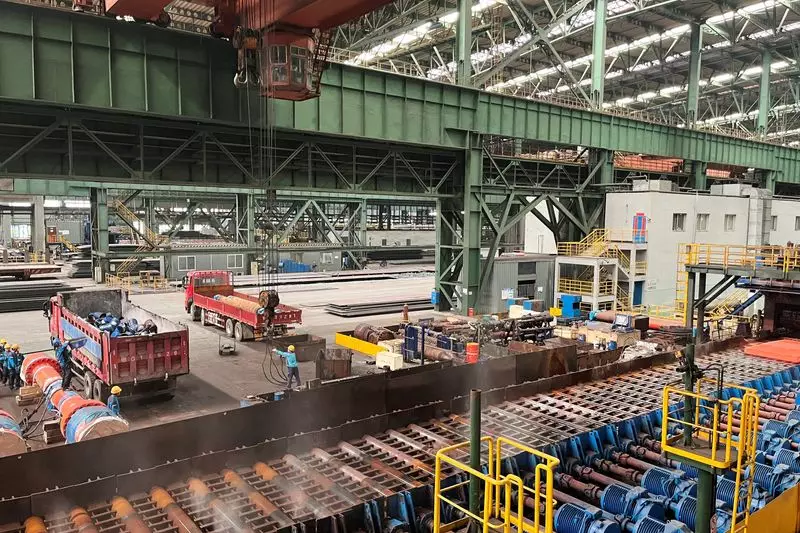China’s financial support for key industrial sectors has come under scrutiny by the World Trade Organization (WTO) due to a perceived lack of transparency. The WTO raised concerns regarding the lack of clarity surrounding the incentives and financial support provided by China to industries such as electric vehicles, aluminium, and steel production over a specific review period.
The WTO report highlighted that despite China’s significant financial support and incentives to various industries during the 2021-2024 review period, there was a general lack of transparency in the information provided to the organization. This lack of transparency has hindered the WTO from obtaining a complete picture of the programs and government support offered by China. As a result, debates have arisen regarding the perceived overcapacity in sectors ranging from semiconductors to shipbuilding.
One of the key issues raised in the WTO assessment was the challenge in determining the size and scope of Chinese government funds that were reportedly used to make equity investments in key industries. The WTO noted that the incentives provided by these funds were not adequately notified to the organization, further contributing to the lack of transparency surrounding China’s financial support measures.
In response to the WTO report, China has reiterated its commitment to operating according to market principles and complying with WTO rules. Beijing emphasized that it does not use prohibited subsidies for electric vehicles and asserted that it adheres to the commitments made upon joining the WTO in 2001. Additionally, China expressed openness to discussions on industrial subsidies and development promotion, provided that such talks are clearly defined to avoid generalized discussions on state intervention or industrial policies.
The United States and Australia have previously raised concerns about China’s alleged “non-market” practices, with Washington calling for progress at the WTO in addressing these issues. All WTO members are required to adhere to the organization’s Anti-Subsidy and Countervailing Measures agreement, which aims to prevent government subsidies that distort global trade or harm other members’ trade interests.
The WTO’s assessment of China’s trade policies and financial support for key industries underscores the importance of transparency and adherence to international trade regulations. As China’s role in the global economy continues to expand, addressing concerns about the lack of transparency in government support measures is crucial for promoting fair and sustainable trade practices on a global scale.

